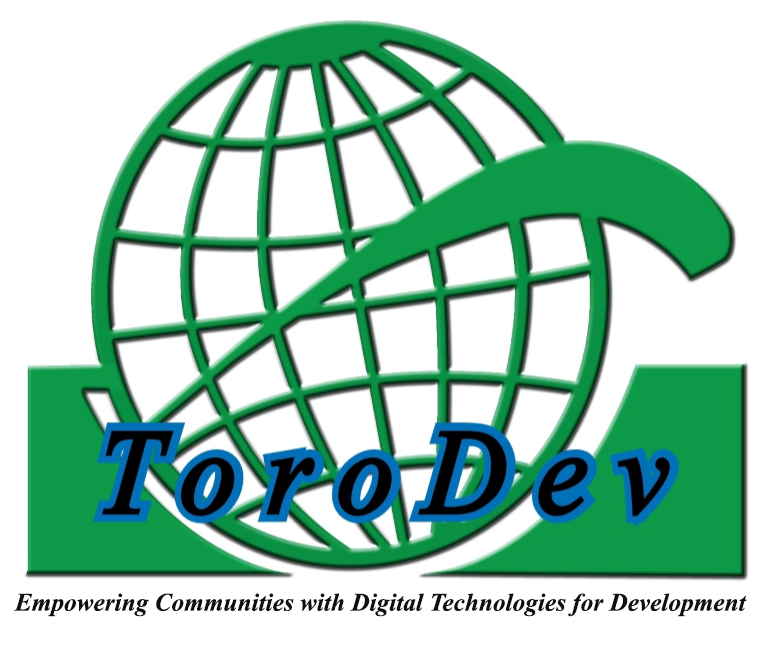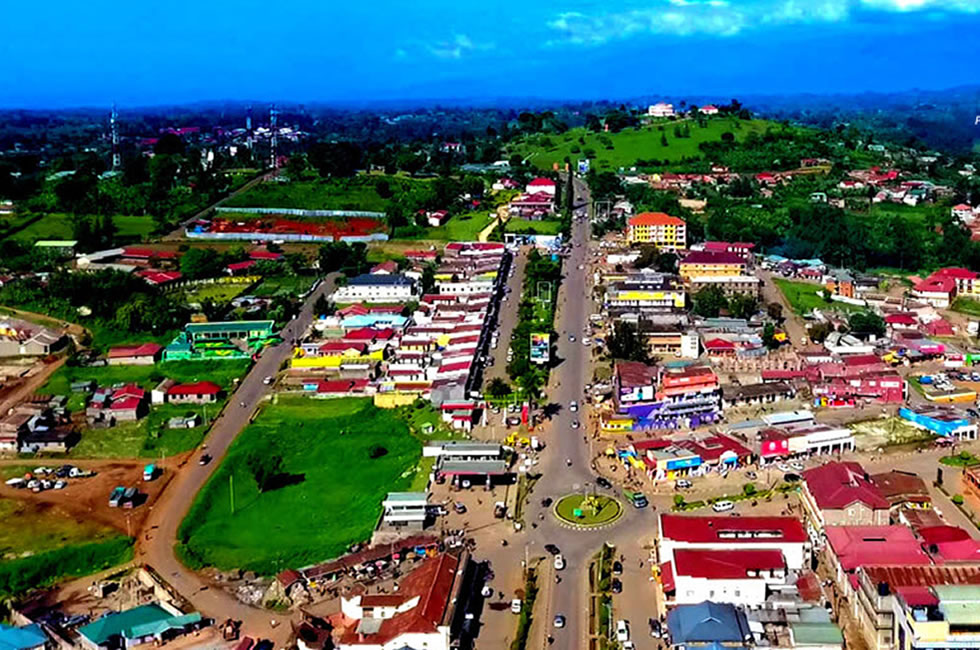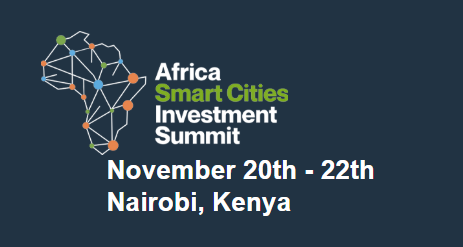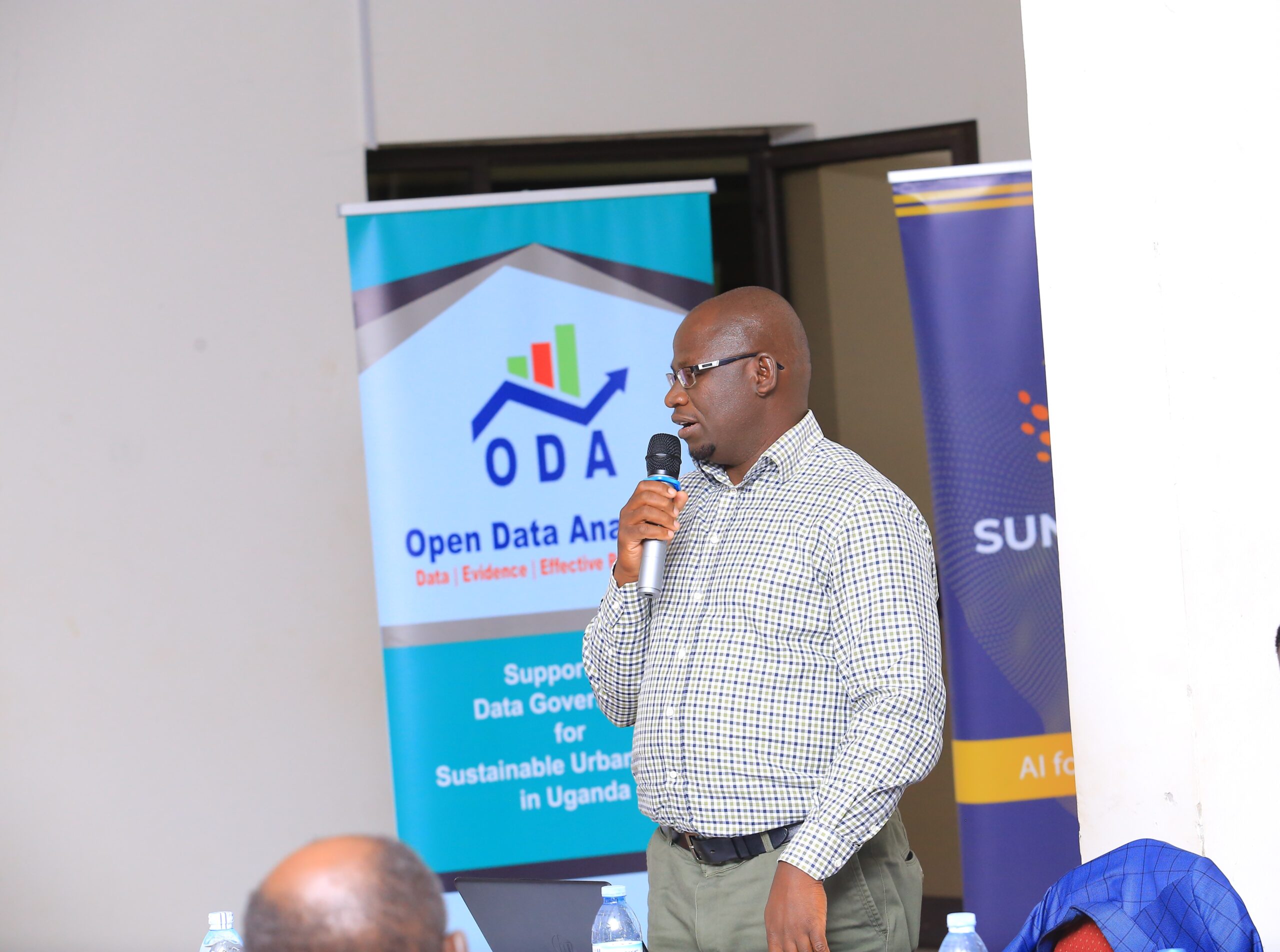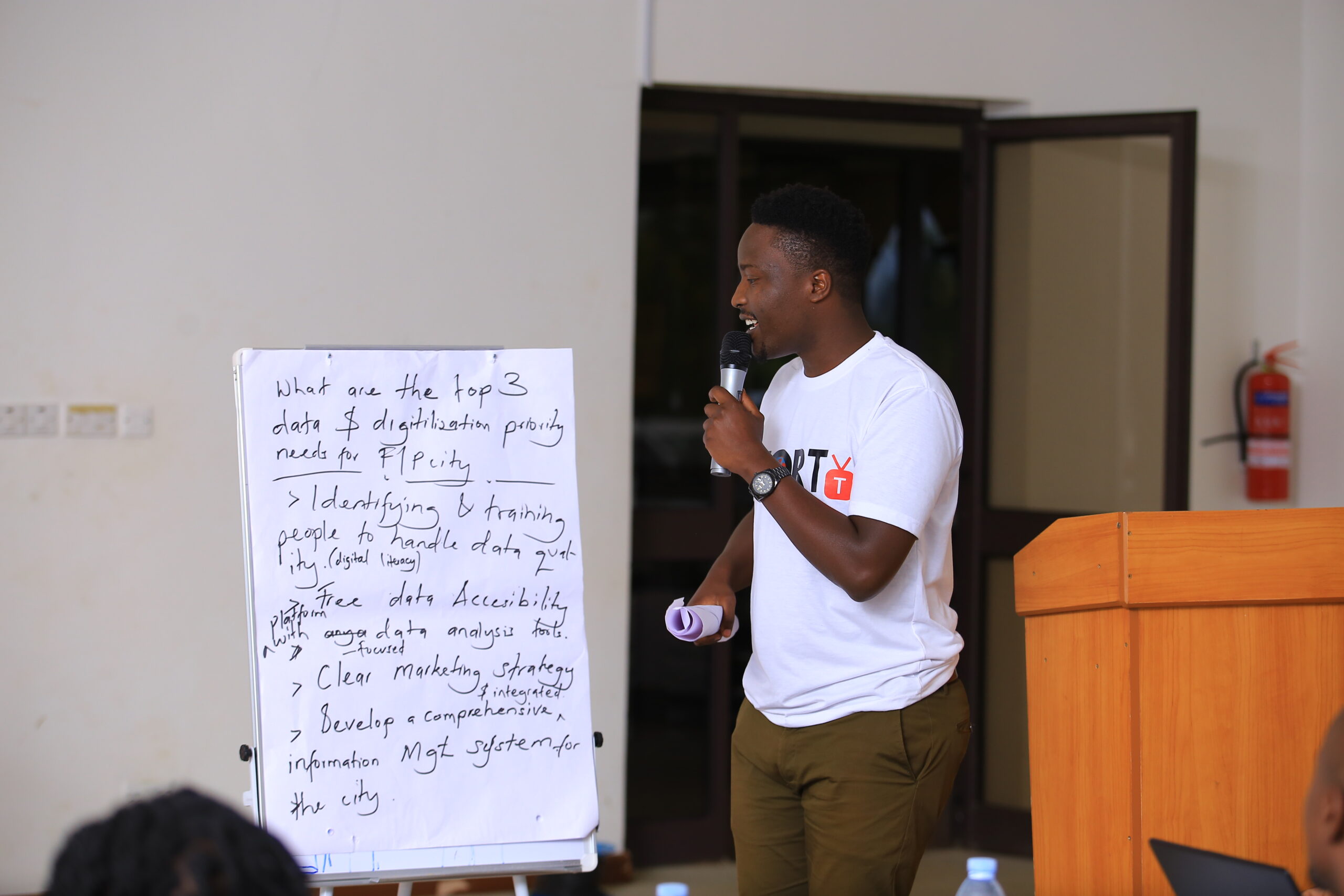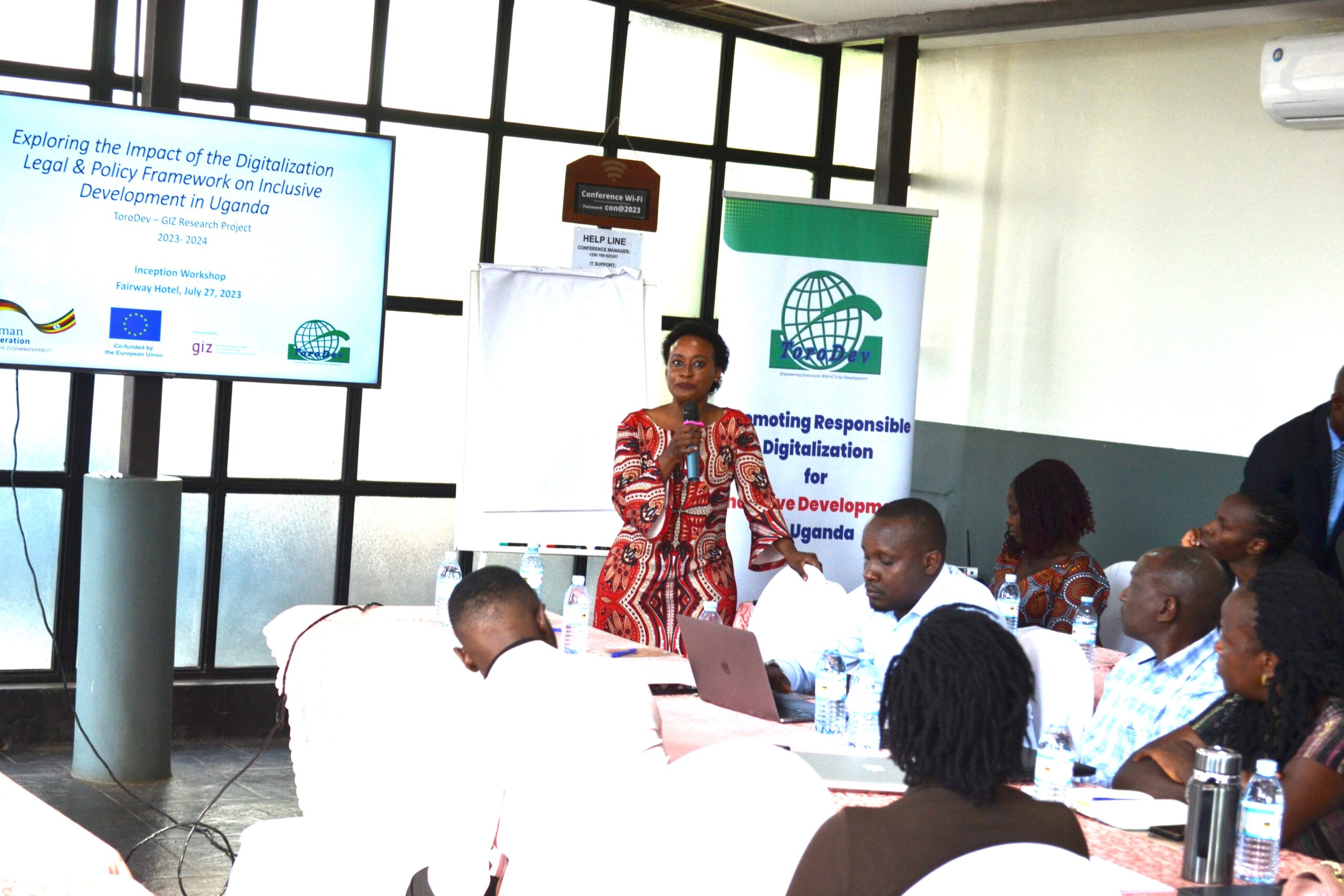On July 27, 2023 at Fairway Hotel, Kampala, ToroDev in partnership with GIZ-Uganda Office (supported by BMZ and co-funded by the European Union) launched the research project “Exploring the Impact of the Digitalization Legal and Policy Framework on Inclusive Development in Uganda”.
In order to mainstream the use of ICTs for sustainable development in the country, Uganda enshrined a Digital Transformation Program into the National Development Plan III, which is the country’s development blueprint to becoming a middle-income country and achieving Uganda Vision 2040 (NPA, 2021). The Uganda’s NDP III’s Digital Transformation program seeks to promote the use of ICT in the entire economy and society through: (i) deployment of secure, integrated and cross sector infrastructure; (ii) developing and promoting usage of quality communication and e-services, (iii) digital inclusion and citizen participation, among other goals. This has been informed by an explosion in digital platforms and increased access to the internet. Government has, as a result enacted a slew of legislation to both promote and regulate this digital proliferation (MoICT, 2021).
Despite the fact that the positive legal and policy regime has led to a growing ICT industry and some sectors of the economy in Uganda, some laws and policies like the Computer Misuse Act (2011), as amended, the Regulation of Interception of Communications Act (2010) and Personal Data Protection Act (2019) have been perceived by some sections of society to be non-inclusive, retarding entrepreneurial development, infringing on digital rights to personal data privacy and curtailing democratic participation online, among others (Matsiko & Kersting, 2023). This, therefore, calls for an urgent, detailed and critical analysis/study to establish the current status and perspectives of Ugandans on digitization regulation, both in urban/cities and countryside areas. The inclusive digitalization environment is important to support, for example, an increasing urbanization process, where marginalized population groups of youth and women, thrive to become entrepreneurs with much potential to contribute to the national economy (UNCDF, 2021). In the countryside, an inclusive digital revolution can contribute to spurring competitiveness of the agribusiness sector through better marketing, weather predictions, pests’ control, to mention but a few (UNCDF, 2021). For example, the regulations on the use of digital drone technology and satellites in agribusiness development in Uganda’s rural areas also needs critical analysis. Therefore, in a nutshell, this study may support future evidence-informed engagements with key policymakers in the digitalization sector in Uganda, to build an inclusive national digital governance regime.
The comparative analysis study will be conducted with multiple case studies in the Eastern and Western parts of the country; Mbale City, Tororo District, Fort Portal City and Kasese District. The national level perspectives/data will be collected and analyzed from different, carefully selected MDAs – Ministries, Departments and Agencies of government, the private sector enterprises, civil society organizations and the academia, to mention but a few.
ToroDev will keep all stakeholders updated on the progress of the study throughout the 3rd quarter of 2023 and early months of next year 2024.
